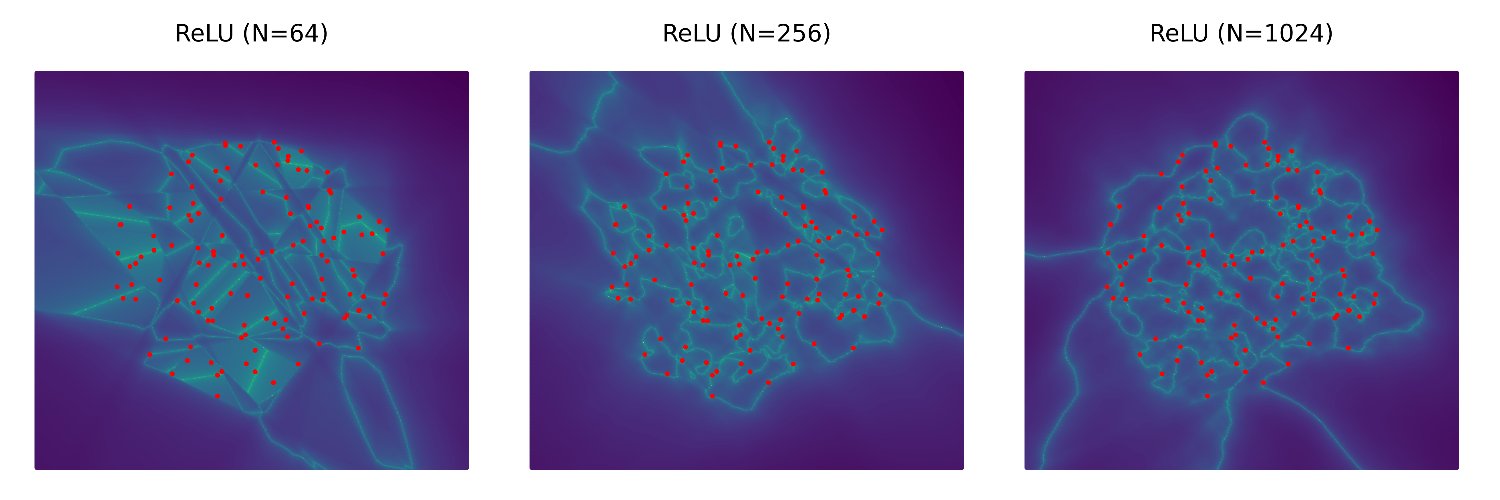
David Klindt
@klindt_david
NeuroAI | assistant professor @CSHL | views my own
🧵 New paper! We explore sparse coding, superposition, and the Linear Representation Hypothesis (LRH) through identifiability theory, compressed sensing, and interpretability research. If neural representations intrigue you, read on! 🤓 arxiv.org/abs/2503.01824
Quick thread on the recent IMO results and the relationship between symbol manipulation, reasoning, and intelligence in machines and humans:
The AI field is now split into (A) a "traditional" ml/dl domain, and (B) a "psycho-AI" domain where innovation requires an understanding of / intuition about the cognitive capabilities of pretrained models and how to prompt / fine-tune them. These two fields are IMO separated.
Here's how my recent papers & reviews are going: * To solve a vision problem today, the sensible thing is to leverage a pre-trained VLM or video diffusion model. Such models implicitly represent a tremendous amount about the visual world that we can exploit. * Figure out how to…
🔥 Mark your calendars for the next session of the @ELLISforEurope x UniReps Speaker Series! 🗓️ When: 31th July – 16:00 CEST 📍 Where: ethz.zoom.us/j/66426188160 🎙️ Speakers: Keynote by @Pseudomanifold & Flash Talk by @FlorentinGuth 👉 Stay updated by joining our Google group:…
Are you studying how structure shapes computation in the brain and in AI systems? 🧠 Come share your work in San Diego at NeurReps 2025! There is one month left until the submission deadline on August 22: neurreps.org/call-for-papers
I wrote a fun little article about all the ways to dodge the need for real-world robot data. I think it has a cute title. sergeylevine.substack.com/p/sporks-of-agi
Ready to present your latest work? The Call for Papers for #UniReps2025 @NeurIPSConf is open! 👉Check the CFP: unireps.org/2025/call-for-… 🔗 Submit your Full Paper or Extended Abstract here: openreview.net/group?id=NeurI… Speakers and panelists: @d_j_sutherland @elmelis @KriegeskorteLab…
After studying the mathematics and computation of Sparsity for nearly 20 years, I have just realized that it is much more important than I ever realized before. It truly serves as *the* model problem to understand deep networks and even intelligence to a large extent, from a…
one thing I love about being in mech interp right now is how often I see fun papers at the intersection of interp & my special interests (in this case haematology). truly is so fun 🥺
Join us for the 3rd edition of the UniReps Workshop at #NeurIPS2025! 🧠🤖 We're bringing together researchers from #AI, #Neuroscience, and #CogSci to explore why different neural models learn similar representations. 📝 Call for Papers is OPEN on OpenReview! 🌐 Website:…
The call for papers for the NeurIPS Mechanistic Interpretability Workshop is open! Max 4 or 9 pages, due 22 Aug, NeurIPS submissions welcome We welcome any works that further our ability to use the internals of a model to better understand it Details: mechinterpworkshop com
I am heading to @icmlconf to present our position paper with @randall_balestr @klindt_david @wielandbr on what we believe are the important next steps to advance SSL. It's not either theory or practice, it's both. We as a community need a better discussion.
Join us in San Diego this NeurIPS for a workshop on Foundation Models for the Brain and Body - bringing together researchers building large-scale models for biosignals in academia and industry. It's an exciting time to decode the brain and body.
Excited to announce the Foundation Models for the Brain and Body workshop at #NeurIPS2025!🧠 We invite short papers or interactive demos on AI for neural, physiological or behavioral data. Submit by Aug 22 👉 brainbodyfm-workshop.github.io
🚨 Registration is live! 🚨 The New England Mechanistic Interpretability (NEMI) Workshop is happening August 22nd 2025 at Northeastern University! A chance for the mech interp community to nerd out on how models really work 🧠🤖 🌐 Info: nemiconf.github.io/summer25/ 📝 Register:…